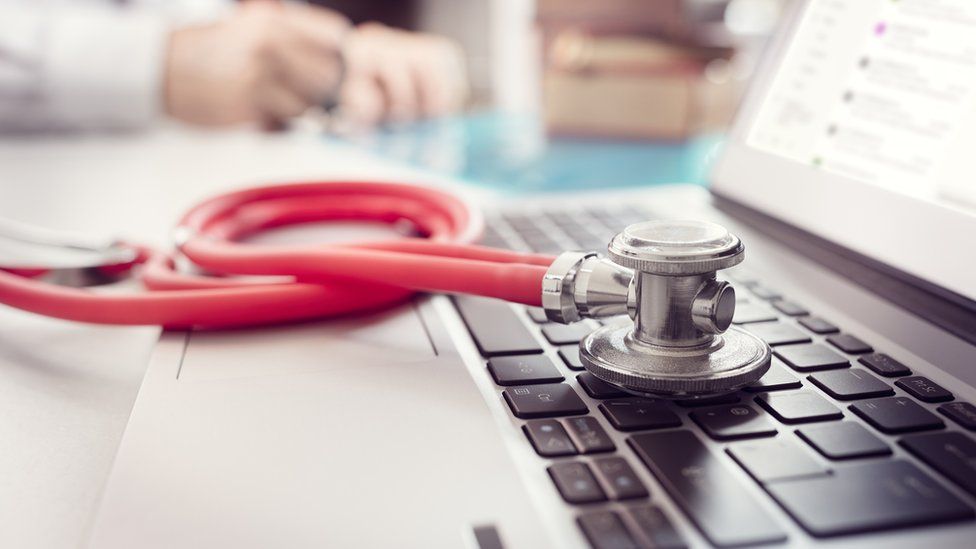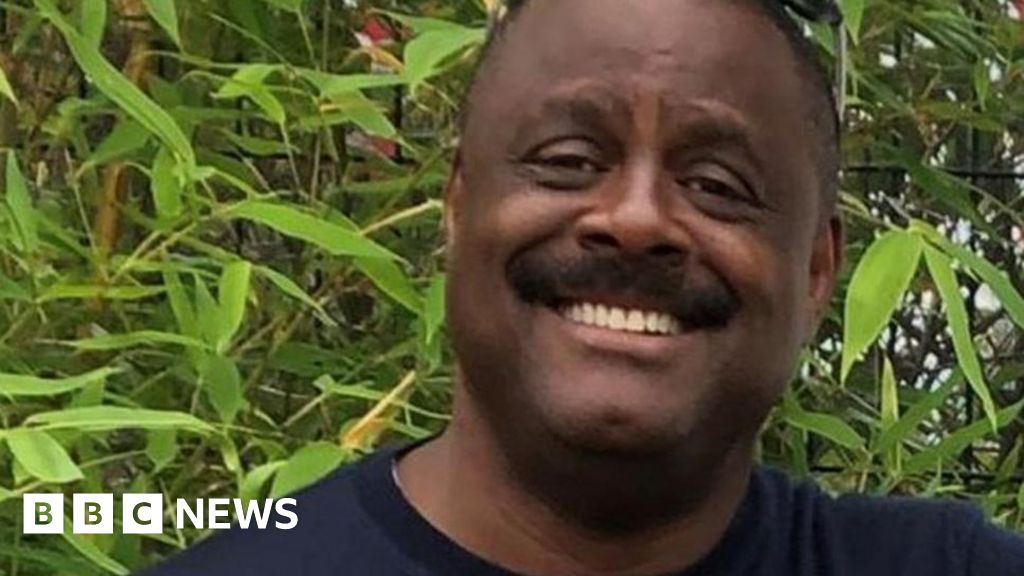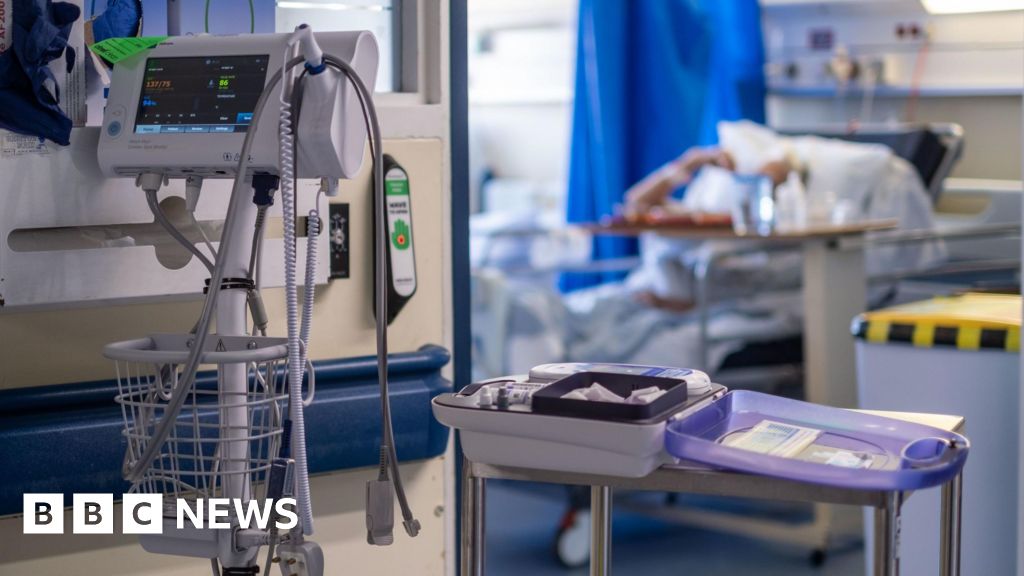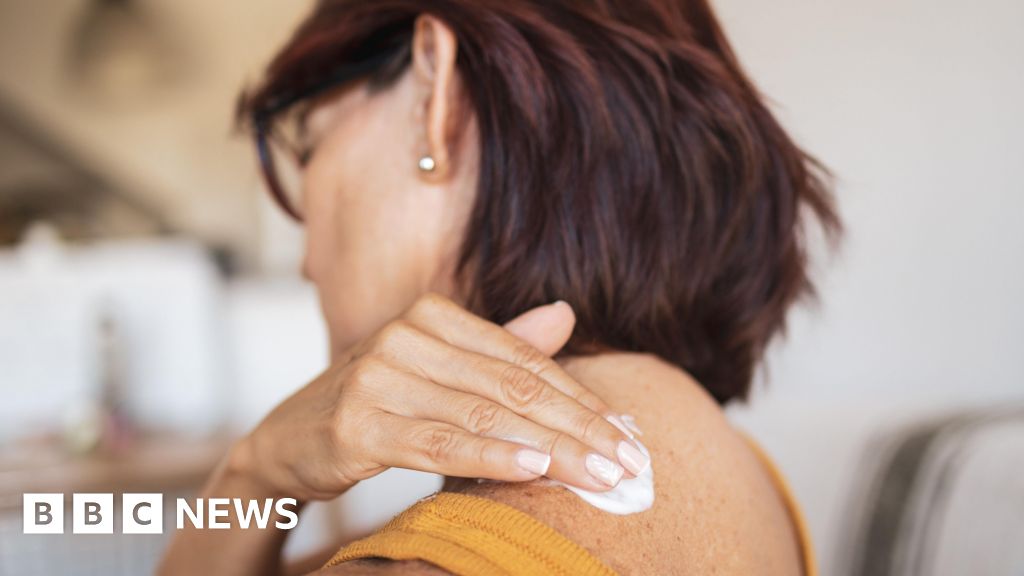ARTICLE AD BOX
 Image source, Getty Images
Image source, Getty Images
More people will be able to access health services without needing to see a GP under a plan launched by officials in England.
It asks patients to use high street pharmacies for some common drug prescriptions and routine tests to ease the pressure on busy doctors.
NHS England says its plan will free up 15m GP appointments over the next two years - around 2% of the total.
But some are concerned about how pharmacies will cope with extra demand.
Data shows there are now fewer local chemists than at any time since 2015. Rising operational costs, staff shortages and reduced government financial support have been blamed.
Pharmacists warn that many more local businesses could close without help.
NHS England chief executive Amanda Pritchard said pharmacy services will get £645m over the next two years to boost staffing and resources.
She said: "We are already seeing more than half a million patients a week more in GP surgeries than we were pre-pandemic. But we know that we need to go further to expand services and transform the way we provide care."
In an effort to ease the frustration of morning phone calls to try to book appointments, surgeries will get £240m to modernise and be able to deal with multiple calls at once.
The NHS England boss said that within the next year, nine in 10 people should be able to access their GP record on a smartphone to check things like test results, without needing to call their GP.
What's the new plan about?
The recovery plan promises to overhaul stretched GP services by shifting some of the work to other parts of the health service.
Pharmacies are being asked to take on the prescribing of drugs for seven common ailments, including sore throats, earaches, urinary tract infections and shingles.
Patients will be able to self-refer for certain needs, such as booking in for NHS physiotherapy or podiatry without having to ask their family doctor first.
The GP plan comes amid mounting concern about services.
The latest GP patient survey shows 13% rate the service as poor or very poor overall, with nearly half complaining they did not find it easy to get through on the phone and nearly a quarter saying they were not happy with the appointment they were offered.
Doctors' leaders say the crux of the problem is that there are not enough GPs.
The government target to recruit an extra 6,000 GPs by the end of this parliament looks almost certain to be missed.
When the promise was made at the end of 2019, there were just over 28,000 full-time equivalent GPs.
At the end of March, that number had actually fallen to less than 27,500.
However, the number of GPs in training has increased.
The government has also tried to bolster the wider workforce, bringing in initiatives to boost the number of nurses, physios and other health staff available.
This has had some impact, with numbers on the up - around 33,000 non-GP clinical staff are working in general practice at the last count.
'We are woefully short of GPs'
Dr Edwards: "We need the government to... be honest that there isn't the service there that we need"
Portsmouth has among the fewest GPs per head of population of any part of England. The city and surrounding areas are 50% short of what they need, according to doctors there.
Dr Laura Edwards, who heads up the GP committee for the area, says the numbers in place at the moment are "woefully inadequate".
'I would like the government to be honest with the public and have an honest conversation around what they can really expect from a GP service when we have so few. We need the government to stop focusing on access - and be honest that there isn't the service there that we need."
Dr Chris Castle, a GP in Portchester, close to the city, agrees, saying increasing access will actually come at a cost: "Patients are being told the problem is access, but the problem is that driving up access comes at a cost and that cost is that you affect quality of care."
Another aim of the NHS England plan is using pharmacies to improve disease prevention.
Amanda Pritchard said: "We are also planning to massively expand the number of people who can have high street blood pressure checks, so 2.5m a year and that means fewer people of course at risk of heart attacks or strokes."
She acknowledged that GPs were under pressure with large workloads and said a long-term workforce plan from the government would be published "shortly", adding: "We have recruited over 25,000 additional staff to support primary care and that includes specialist mental health practitioners, pharmacists and paramedics."
The Royal College of Practitioners welcomed "some encouraging initiatives" in the NHS England plan but warned that "change is not going to happen overnight" and said thousands more GPs had to be trained and retained.
Prime Minister Rishi Sunak welcomed the plan, saying: "We will end the 8am rush and expand the services offered by pharmacies, meaning patients can get their medication quickly and easily."
Labour shadow health secretary Wes Streeting said: "The reason people can't get a GP appointment is the Conservatives have cut 2,000 GPs. Better hold music isn't going to change that."
Related Internet Links
The BBC is not responsible for the content of external sites.

 2 years ago
50
2 years ago
50








 English (US) ·
English (US) ·